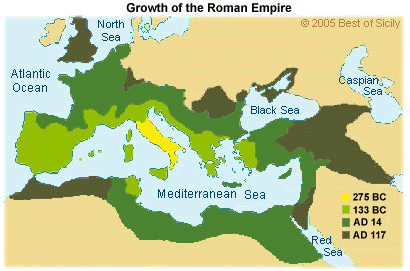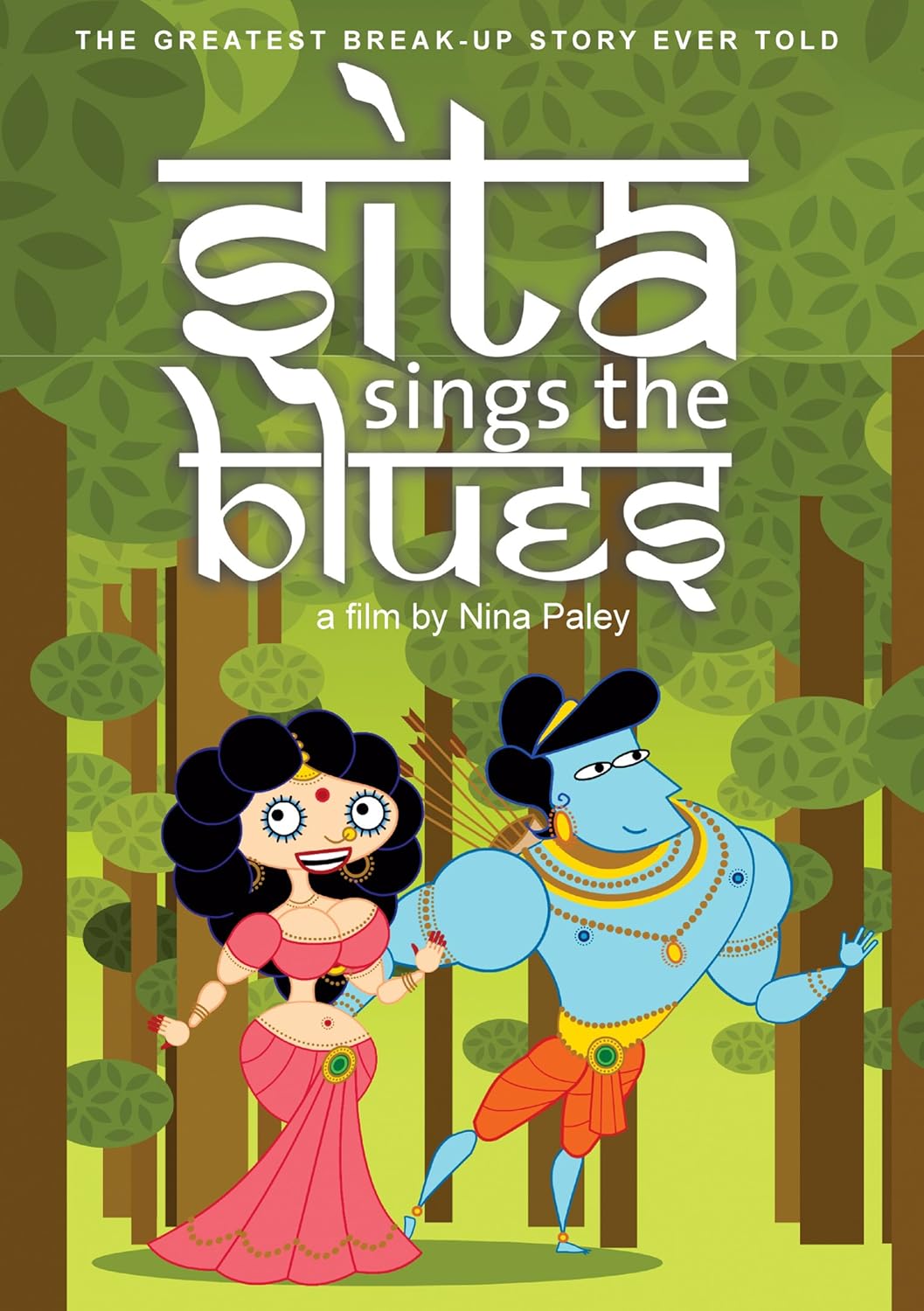We went back to Greece at our last History Club to visit the Age of Pericles. Pericles was a general who rose to power in Athens after the Persian Wars. He was quite progressive, but also a bit of a dictator. He expanded democracy to men outside of the aristocracy, but kept a tight hold on his own power. He ushered in a thirty year period of advances in art, culture, theater, education, architecture, and civic participation. He also treated all the other city states around Athens like subjects, so that made them a little mad. Soon Greece was divided into two camp, the Delian League sided with Athens and the Peloponnesian League aligned with Sparta. The Greeks commenced to fighting each other for around 27 years before Athens was defeated. To see a short movie explaining the War go here:
Peloponnesian War and Thucydides Video

We then spent some time discussing Greek Tragedies and how the theater was conducted during the Age of Pericles.
We ended by creating theatrical masks for our characters to present the play
Antigone. The kids did a great job with the play! Bridget posted some video and pics of it on facebook if you're interested in watching.
This week we'll go back to Asia!





